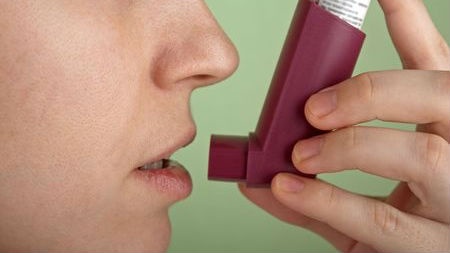Scientists investigating what causes wheezing conditions are seeking adult volunteers.
Experts from the University of Aberdeen are trying to understand if cells found in the airways behave differently in people with asthma and chronic obstructive pulmonary disease (COPD), when compared to healthy individuals.
They are seeking adults to take part in the research which is funded by the Archie Foundation with additional support from Tenovus Scotland.
Dr Daniella Spiteri Cornish from the University’s Institute of Applied Health Sciences said: “To date there is no cure for wheezing conditions such as asthma or COPD.
“Our research makes use of a relatively novel technique whereby we analyse the behaviour of cells that are found in the nasal pathways.
“We believe that in certain circumstances these cells reflect what is happening in the lungs.
“To date the study of respiratory conditions has been limited since the lungs could only be accessed for sampling via an invasive procedure called bronchoscopy, which is carried out under general anaesthetic.
“Our study is testing a technique called ‘tickling noses’ whereby cells from the nose are removed using a very tiny bottle brush. It is quicker, less invasive and a comfortable procedure for those volunteering that takes no longer than few seconds.”
The study will analyse how epithelial cells in people with and without asthma and COPD behave in response to house dust mite, cigarette smoke and certain viral and bacterial infections.
Volunteers in the study will also undergo a lung function test, answer a simple questionnaire and take part in a skin prick test to analyse their reaction to common allergens.
The tests take participants a maximum of 30 minutes.
Dr Spiteri Cornish continued: “We hope our findings could pave the way for new understanding of whether these conditions are triggered by external factors, or if they are caused by something innate to individuals.
“If we can verify that the ‘tickling noses’ technique is not only acceptable to patients, but also provides results which are comparable to those obtained through studying cells from the lungs, we could potentially promote it to be used clinically in monitoring respiratory conditions.”
Healthy adults and those suffering from asthma or COPD, over the age of 18, who are interested in taking part in the study, should contact Dr Spiteri Cornish on 01224 438466 or email dmscornish@abdn.ac.uk .


